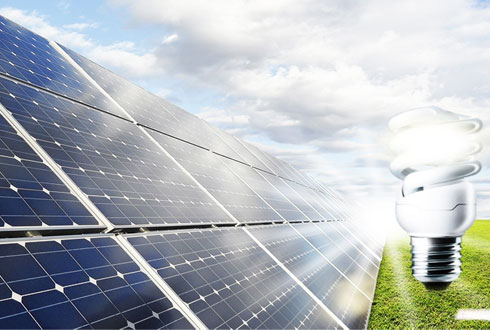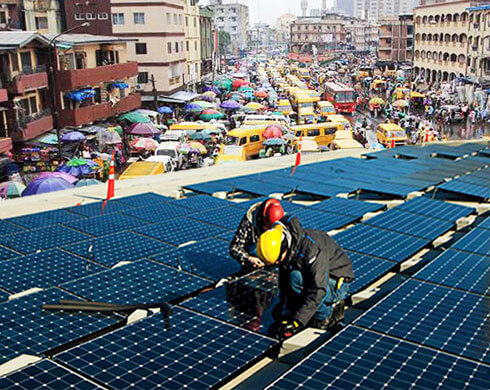How Do Solar Power Panels Work?
During the day the photovoltaic cells (solar cells) absorb light and convert it to DC electricity. This electricity is then fed down to the Inverter that converts the electricity to 230v AC, which is then usable by your home and/or business.
Unlike solar hot water, solar power panels work on light and not heat which seems to be a common misconception. Solar panels will actually become less efficient as it gets hotter.
How Viable is Solar power?
Solar is the cleanest, greenest and most viable form of energy available. It produces no waste or pollution, does not contribute to global warming, acid rain or smog and reduces our reliance on dirty coal-fired electricity, which causes massive amounts of greenhouse gas emissions into the atmosphere.
The energy used to manufacture a solar power system is small compared to the energy generated by the system and is paid back many times over the life of the system. Solar power is completely renewable – so it will never run out – and in sun-drenched Australia, there is plenty of it.
Did you know that the energy from sunshine falling on a single acre of land in Africa is capable of producing the energy equivalent of 800 barrels of oil each year!


